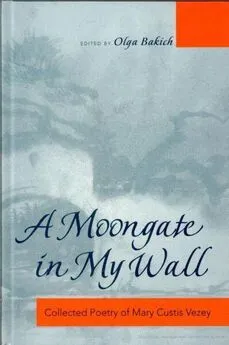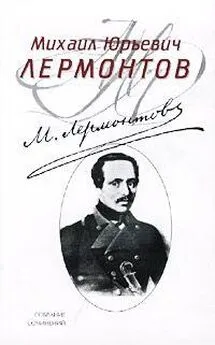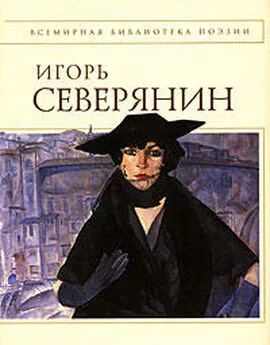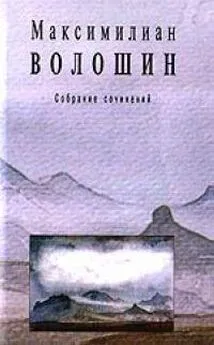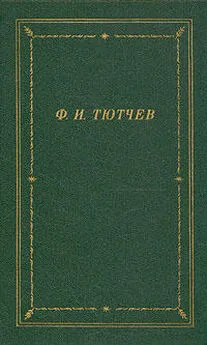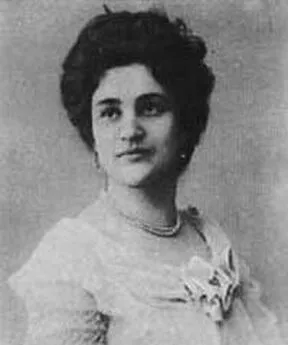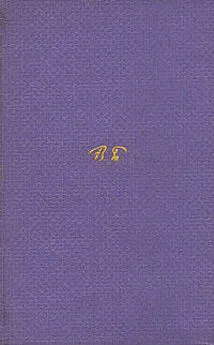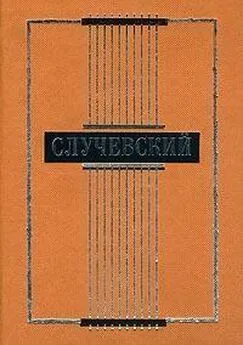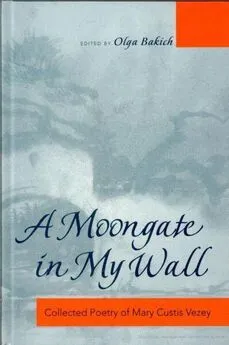Мария Визи - A moon gate in my wall: собрание стихотворений
- Название:A moon gate in my wall: собрание стихотворений
- Автор:
- Жанр:
- Издательство:Peter Lang Publishing, Inc.
- Год:2005
- Город:New York
- ISBN:0-8204-7837-7
- Рейтинг:
- Избранное:Добавить в избранное
-
Отзывы:
-
Ваша оценка:
Мария Визи - A moon gate in my wall: собрание стихотворений краткое содержание
Мария Визи (1904-1994) – поэтесса «первой волны» русской эмиграции. Данное собрание стихотворений, изданное в США, под редакцией Ольги Бакич, наиболее полное на данный момент собрание ее поэтических произведений и переводов.
Издание состоит из 4 частей и включает в себя:
1. Три опубликованных сборника М. Визи: 1929, 1936 и 1973 гг.
2. Стихотворения, не вошедшие в сборники, написанные на русском языке.
3. Стихотворения, не вошедшие в сборники, написанные на английском языке.
4. Неопубликованные переводы
Вступительная статья и комментарии на английском языке.
A moon gate in my wall: собрание стихотворений - читать онлайн бесплатно полную версию (весь текст целиком)
Интервал:
Закладка:
140
It was first published in the journal Vozrozhdenie, Paris, no. 118, 1961, p. 62, without title or dedication. The second line of the second stanza read: "ты таких не видел и во сне," and the last line of the poem "что тебя бы привела ко мне?" М. Маринич: М.P. Marinich, who lived in Canada, a friend of Mary Vezey.
141
The manuscript is dated 15 March 1962. The poem was first published in the journal Sovremennik, Toronto, no. 19, 1969, p. 47, where the first line read: «Как моя душа черна сегодня.»
142
А. Васильковская: Elena Vasil'evna Glushkova (died in the early 1970s), an emigre poet, writing under the pseudonym Aleksandra Vasil'kovskaia, who lived in California and published two collections of poetry Uzelok, San Francisco, 1957, and Zapushchennyi sad, Palo Alto, 1971.
143
It was first published in the anthology of Russian emigre poetry Sodruzhestvo, Washington, 1966, p. 119, without the title. The fifth line in the third stanza read: "отойдя от домов, что, друг к другу придвинувшись, хмурятся."
144
No such line was found in John Dos Passos's collection of poetry A Pushcart at the Curb (1922). Perhaps it comes from one of his novels, or is incorrectly cited from his poem «La Rut' du Temps Passe», where the poet speaks of "shuttered windows of forgotten houses.
145
A misprint in the collection («глядеть в окошко узкое острожье.») is corrected in the present edition.
146
With a notation in the manuscript: «Мое, не записанное и альбом.»
147
Павловск: a city of palaces and parks built at the end of the 18th century near St. Petersburg, a countryside residence of Russian Tsars.
148
With a notation in the manuscript: «Во время болезни.»
149
Клана Морозова: a classmate at the Harbin Commercial Schools.
150
The epigraph is taken from Alexander Pope's poem "Oce to Solitude."
151
Tungchow (Tongzhou in contemporary transcription): a small town on the river Baihe not far from Beijing. The North China American School was located bevond the city wall of Tongzhou.
152
Р.Х.: Christinas. М.К.: Liudmila Nikolaevna Kocheneva, married name Bokova, a classmate at the Harbin Commercial Schools.
153
M.M.: Mania Mutovina, a classmate at the Harbin Commercial Schools.
154
With a notation in the manuscript: «Written in class.» Julius Caesar's De bello Gallico was studied in Latin class at the North China American School.
155
Tang Che Ssu (Tanzhesi in contemporary transcription) was one of largest temples in the vicinity of Beijing, built in the 3rd century A.D. and later restored several times.
156
With a notation in the manuscript: " I." Варим: Barim (Baling in contemporary transcription), a station on the west line of the Chinese Eastern Railway, located among Xing'ang Mountain Range, a settlement and a popular resort for Harbin Russians.
157
With a notation in the manuscript: "3."
158
With a notation in the manuscript: «СМУ. Голубой цветок — цветок счастья».
159
For П.Д. see note on poem 24.
160
For П. see note on poem 24.
161
For Hermosa see note on poem 36.
162
For Галя see note on poem 17.
163
With a notation in the manuscript: «Из Claremont'a — в письме в Париж о Харбине. Это во СМУ.» The poem was probably addressed to Elena Mosolova; see note on poem 21.
164
With a notation in the manuscript: «Когда-то очень давно: Харбин. СМУ. Vespers.»
165
For Галька see note on poem 17.
166
For К.Н.М. see note on poem 198.
167
For Helen Stanley see note on poem 99.
168
For Р.J. see note on poem 24.
169
Сунгари: Sungari, or Sunghuajiang, is a large tributary of the Amur river; Harbin is located on the right bank of the Sungari.
170
With a notation in (he manuscript: "2. Стихотворение А. Раевской.” А. Раевская was a pseudonym of Mary Vezey, under which she published several short stories in Harbin and Shanghai. The second line of the last stanza has a variant in the manuscript: «твоя душа металась.»
171
With a notation dated 5 February 1985 in the manuscript: «Написано много лет тому назад…»
172
Variant in the last line in the manuscript: «я не коснулась на земле.»
173
With a notation in the manuscript: «Тема с вариациями».
174
Variant in the last line in the manuscript: «голых и мерных и торчащих в небо.»
175
Variant in the last two lines in the manuscript: «давнишний, тот, что ты забыл,/но тот, который был?»
176
Published in the journal Kharbinskie kommercheskie uchilishcha Kit. Vost, zhel. dor., San Francisco, no. 4, 1952, p. 52. The last line first stanza read: «о от славных подвигов людских»; the second line of second stanza: «давно погибли без следа»; and the last line of the third stanza: «во что-то верить на земле».
177
Variant in the third line of the first stanza in the manuscript: «тянулись в него тополя».
178
Variant in the last line of the third stanza in the manuscript: «и легкой славы не просил».
179
With a notation in the manuscript: «Это Женьке, конечно.» Женька: see note on poem 193.
180
Published in the newspaper Russkaia zhizn' (San Francisco), where the last three lines of the first stanza and the first three of the second stanza are as follows: «исхоженные много тысяч лет, / и в то же время — скрыты от взора /мильоны неразведанных планет. // Так много раз с востока солнце встало /и снова встанет мириады раз;/а мы с тобой заботимся о малом».
181
With a notation in the manuscript: «Посвящается Александре Ивановне Долговой, учительнице русского языка и классной наставнице приготовительного класса гимназии Таганцевой в Ст. Петербурге в году 1912. Она как-то задала классу написать стихотворение; я принесла свое: «Буря зашумела, ветер поднялся…» Она спросила: «Ты сама это написала?» — «Да», — и попросила принести альбом. Прочтя, написала «Будущему поэту». Помню и благодарна всю жизнь».
182
For an English variant of the Russian poem «Жена Лота», see poem 533.
183
The first four stanzas were published in the anthology of Russian émigré poetry Sodruzhestvo, Washington, 1966, p. 114, where the second line of the first stanza read: «потерявшие в радость веру».
184
Variant in the first stanza in the manuscript: «Спустилась мочь легко и глухо,/Луны сверкнуло острие, / сосна, как черная старуха, / глядится в прошлое свое». The manuscript also has two lines which were left out: «Шли облака толпой веселой, / глотали солнце на пути».
185
Шаньнун: shanshui (Chinese), literally mountains and rivers, i.e., landscape, nature.
186
With a notation dated 19 May 1994 in the manuscript: «Его последняя весна. For Max Angell, a patient at UC Hospital.» The UC Hospital was a Medical Center at the University of California where Mary Vezey worked for some time.
187
In one of the manuscripts this poem is en titled «Брату.» For B.B. see note on poem 54.
188
Published in the anthology of Russian emigre poetry Sodruzhestvo , Washington, 1966, p. 116. Variant in the last line in the manuscript: «Ночь, апрель, залив Шимоносэки».
189
Корратри: Corraterrie, a street in Geneva. For В.В. see note on poem 54.
190
Dr. Boldrey: Dr. Edwin Barkley Boldrey, professor, at the time Chairman in Neurogical Surgery at University of California, San Francisco, one of the first neurosurgeons involved in brain tumour research. Mary Vezey worked at his assistant secretary.
191
For Женька see note on poem 193.
192
For Володя see note on poem 54.
193
Bai-d'Along: a bay in Vietnam. Баб-Эль-Мандеба: Bab al Mandab, the strait between the Red Sea and the Ciulf of Aden.
194
Variant in the last line in the manuscript: «летних дней золотой убор!»
195
Discarded titles: «Пустыня" and «Lost Tribe.»
196
Originally entitled: «Случай в джунглях.» Variant of the third line of last stanza in the manuscript: «мерещилось, что отныне.» Ибо: Ibo or Igbo tribe in Riafra, an eastern region of Nigeria. In May 1967, Biafra, led by Oxford-educated Lieutenant-Colonel Odumegwu Ojukwu, declared its independence from Nigeria. The Civil War of 1967–1970 ended in Biafra's surrender; a million people, mostly children, died of starvation, during an economic blockade.
197
With a notation in the manuscript: «Когда-то давно… в 60-х гг., что ли? или раньше…» and a further notation dated 19 May 1994: «Серенада?»
198
With a notation in the manuscript: «Когда-то, кажется, и 1960-x гг.»
Читать дальшеИнтервал:
Закладка:
